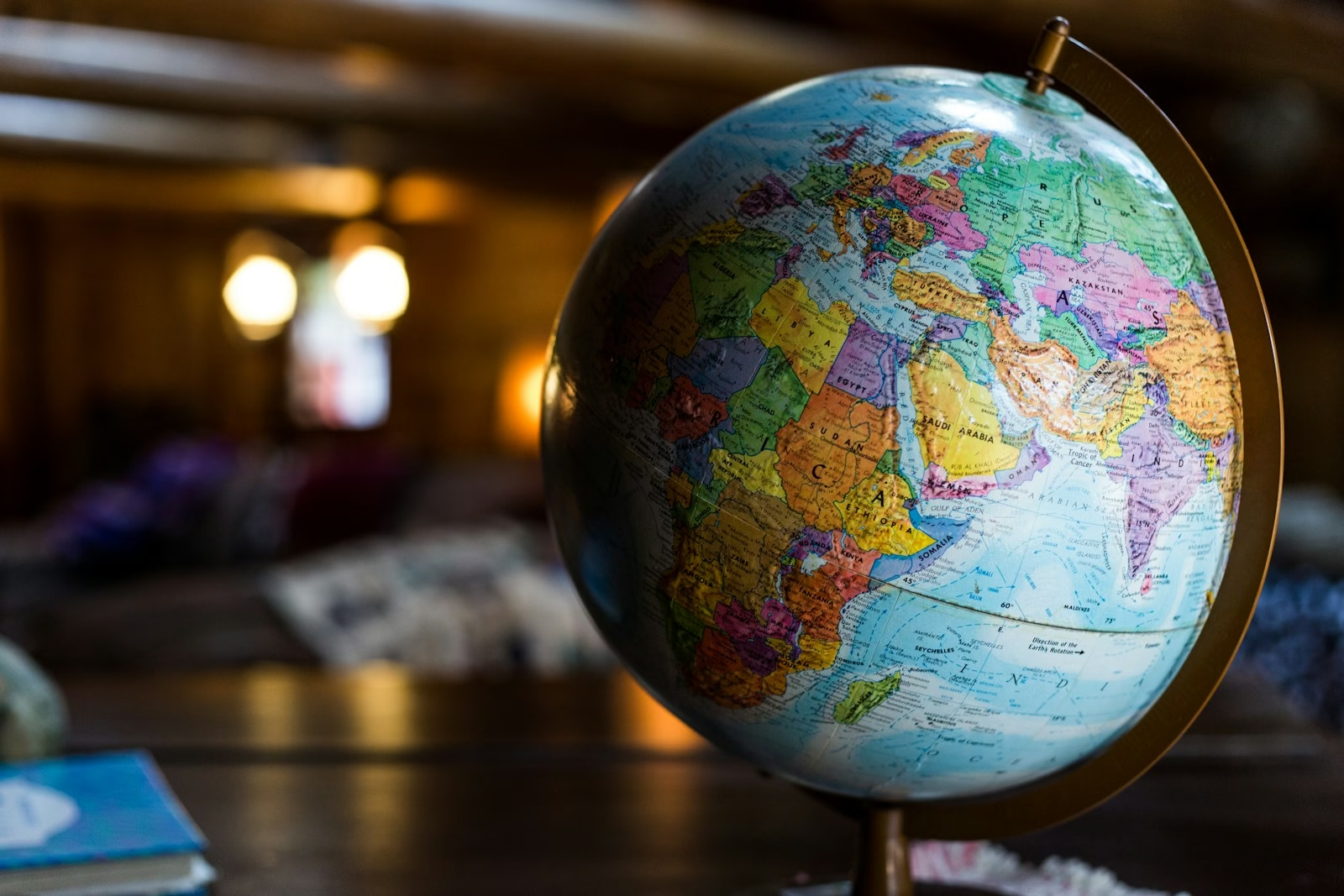Key Takeaways
- Cambridge holds over 100,000 hours of audio tapes at risk of damage.
- A crowdfunding drive seeks £250,000 to save these tapes.
- Nobel prize winner Venki Ramakrishnan backs the effort.
- Digitized audio archive will be free to explore worldwide.
- Project could spark similar digital heritage initiatives everywhere.
Why the audio archive matters
Cambridge University keeps a unique collection of audio tapes. These tapes capture Nobel winners and great thinkers. Yet they sit in old boxes and risk fading away. Without action, voices that shaped science and culture could vanish. Therefore, preserving this audio archive is urgent.
The challenge of aging tapes
First, the tapes themselves face decay. Tape shells crack and magnetic layers peel. Moreover, playback machines are rare and break easily. As a result, many recordings already sound muffled or distorted. Meanwhile, the archive team lacks enough funds to digitize them quickly. Because of this, thousands of hours remain unheard by today’s students and scholars.
Next, the sheer size overwhelms the small team. Over 100,000 hours demand many hours of playback and conversion. Plus, experts must check sound quality and fix glitches. In addition, each file needs clear labeling and secure storage. This complex work slows progress. Thus, the tapes sit in shelves despite their importance.
The crowdfunding campaign kicks off
In response, a team at Cambridge launched a crowdfunding drive. They aim to raise £250,000 in six months. Nobel winner Venki Ramakrishnan lent his name to the cause. By doing so, the team hopes to draw more backers.
Supporters can give small amounts online. As a reward, backers will see rare clips before the public. Also, schools and libraries will gain free access. Through these perks, the campaign grows buzz. Consequently, more people learn about the project.
How the digitization process works
First, technicians inspect every tape by hand. They dust off cases and tighten loose parts. After that, they load tapes into high-quality players. Each recording plays while digital software captures the sound. This step protects tone and clarity.
Next, engineers filter out clicks, hisses, and background noise. They then normalize volume levels for consistent listening. Also, they tag each file with a title, speaker name, and date. Then they upload the new files to secure cloud servers. Finally, they back up data in multiple locations.
Throughout this workflow, strict guidelines ensure no loss of detail. As a result, listeners will enjoy crisp, clear audio. In other words, the project preserves these materials for decades to come.
The impact of a digital archive
Once the audio archive goes online, anyone can listen from home. Students in remote areas will explore Nobel lectures easily. Teachers can build lessons around firsthand insights. Moreover, historians will study original voices instead of relying on transcripts.
Furthermore, scientists may draw inspiration from past discussions. In particular, hearing a laureate’s own words can spark fresh ideas. Likewise, writers and artists will find creative fuel in these stories. Thus, the archive becomes a living resource for multiple fields.
Beyond local benefits, this project sets a global example. Other archives may start similar efforts in India, Ghana, or Brazil. Consequently, communities worldwide will protect their own heritage. In this way, the initial digitization of Cambridge’s collection could trigger a wave of digital preservation everywhere.
A call to action
Now is the time to act. Every backer brings the audio archive closer to completion. Even small contributions help pay for equipment and staff. Plus, sharing the campaign link can attract new supporters.
Imagine a future where anyone can hear great thinkers anytime. This vision depends on your support today. Consequently, the project can safeguard priceless voices for generations. Therefore, join the crowdfunding effort now and help save history.
FAQs
How can I support the digitization effort?
You can visit the crowdfunding page and choose a donation level. Any amount makes a difference. Sharing the campaign link on social media helps too.
What makes these audio tapes special?
They feature Nobel laureates and leading thinkers speaking in their own words. Many recordings never aired before and reveal unique insights.
What threats do the tapes currently face?
Old tape shells crack and sound quality drops over time. Broken playback machines and limited funding make it hard to digitize them quickly.
When will the audio archive be available online?
The team plans to release digitized recordings in stages. Early clips may appear within months of fundraising success. Full access depends on meeting the £250,000 goal.
